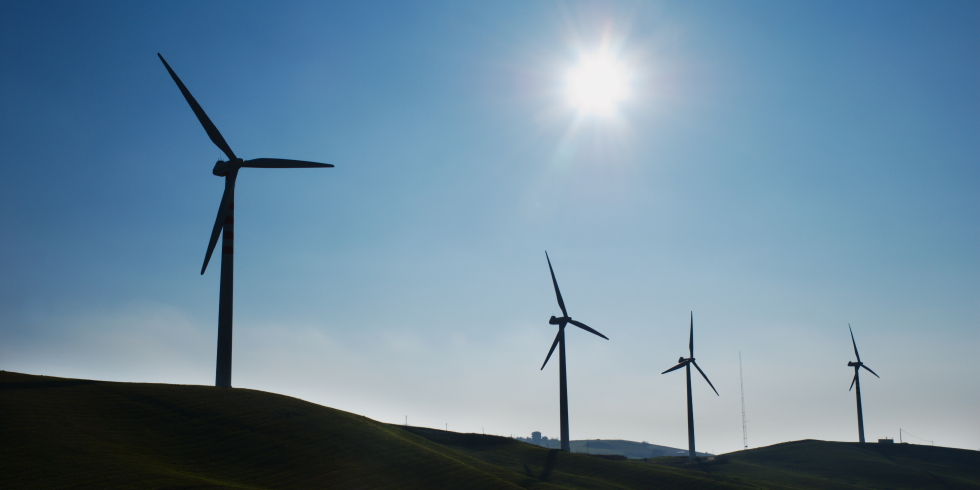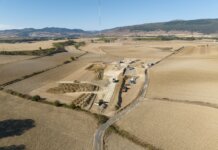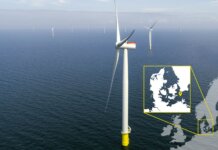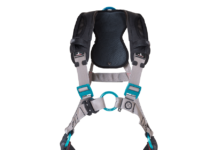Vaisala, a renewable energy resource measurement, project assessment, energy forecasting and asset management company, has released two independent verification studies conducted by Ecofys, an international consultancy recently acquired by Navigant.
According to Vaisala, the studies used two production Triton units deployed from March 5 through May 29, 2015, and June 6 through Sept. 10, 2015, respectively, at the Lelystad test site in the Netherlands.
The company says that the verification studies include an assessment of the sensitivity of the Triton remote sensor to environmental factors, demonstrating that wind speed measurements taken by the unit are unaffected by changing environmental parameters. Rather than using the minimum amount of data required, the studies were conducted over several months, ensuring a more representative data set with which to assess measurement uncertainty.
The wind energy industry’s ability to predict and assess a project’s annual energy output is a crucial factor in securing and maintaining investor confidence in wind projects, according to Vaisala.
Triton, a ground-based SoDAR remote sensing system, is used to measure wind at and above the hub height of today’s taller wind turbines. By supplementing or replacing measurements from met towers in resource assessment and operational settings, Triton adds value and provides a cost-effective solution to wind developers and operators.
As reported, the Ecofys studies are part of Vaisala’s commitment to support wind power plant developers and system operators in applications ranging from early-stage prospecting, to repowering legacy power plants.




